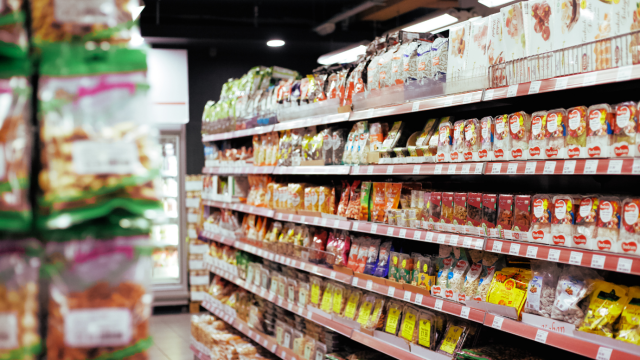Inflation in Greece reached 3.7% in July, up from 3.6% in June, according to preliminary data from Eurostat. In contrast, according to Eurostat data, the eurozone consumer price index remained at 2% as in the previous month, continuing to move within the ECB’s target range.
Read: Eurostat: Greece climbs category in basic wage – Over 3,300 euros annual benefit compared to 2019
Eurostat: Which categories that compose eurozone inflation “pinched” the most
Regarding the key components of eurozone inflation, the food, alcohol and tobacco category is expected to show the highest annual rate in July (3.3%, from 3.1% in June), followed by services (3.1%, from 3.3% in June), non-energy industrial goods (0.8%, from 0.5% in June) and energy (-2.5%, from -2.6% in June).

Meanwhile, core inflation, which excludes volatile prices of food, energy, alcohol and tobacco, stood at 2.3% in July, remaining at the same level as the two previous months. It should be noted that the inflation data comes after preliminary figures showing that the eurozone economy recorded better than expected growth of 0.1% in the second quarter, compared to the previous quarter.
It is recalled that last week, the ECB kept interest rates unchanged, signaling the first pause after eight rate cuts in one year, with the central bank chief, Christine Lagarde, speaking about de-escalation of inflationary pressures, as well as economic resilience. Furthermore, Lagarde referred to the extremely uncertain environment, mainly due to trade disputes.




